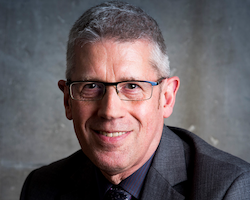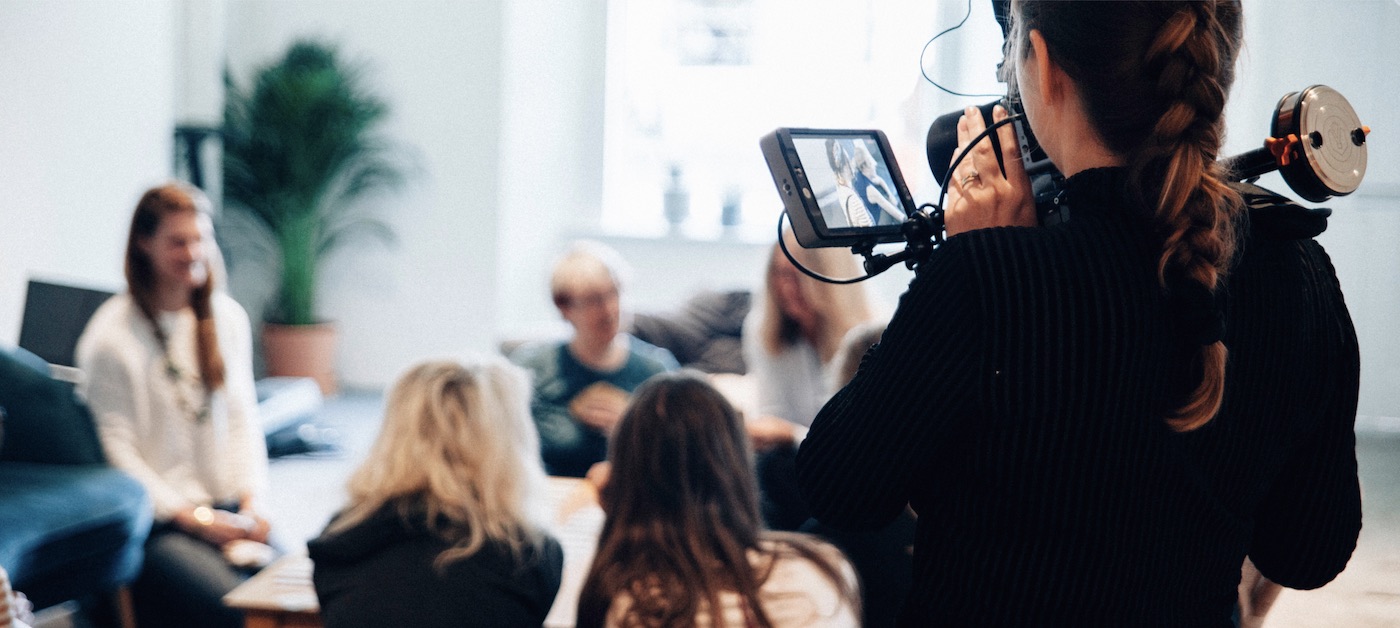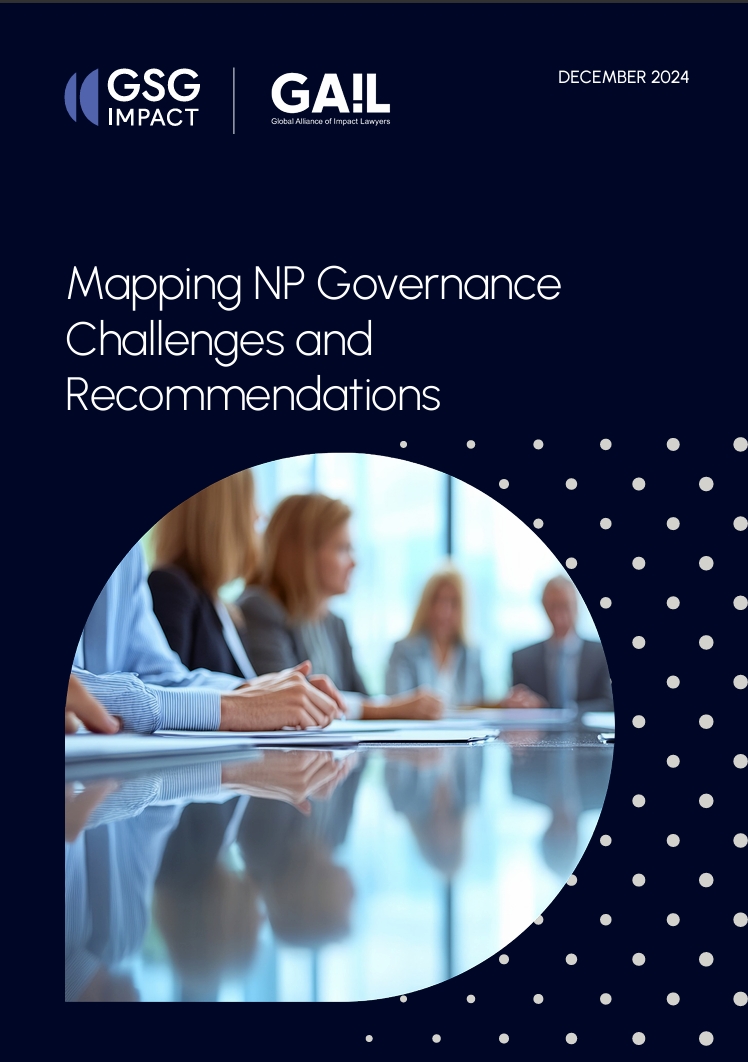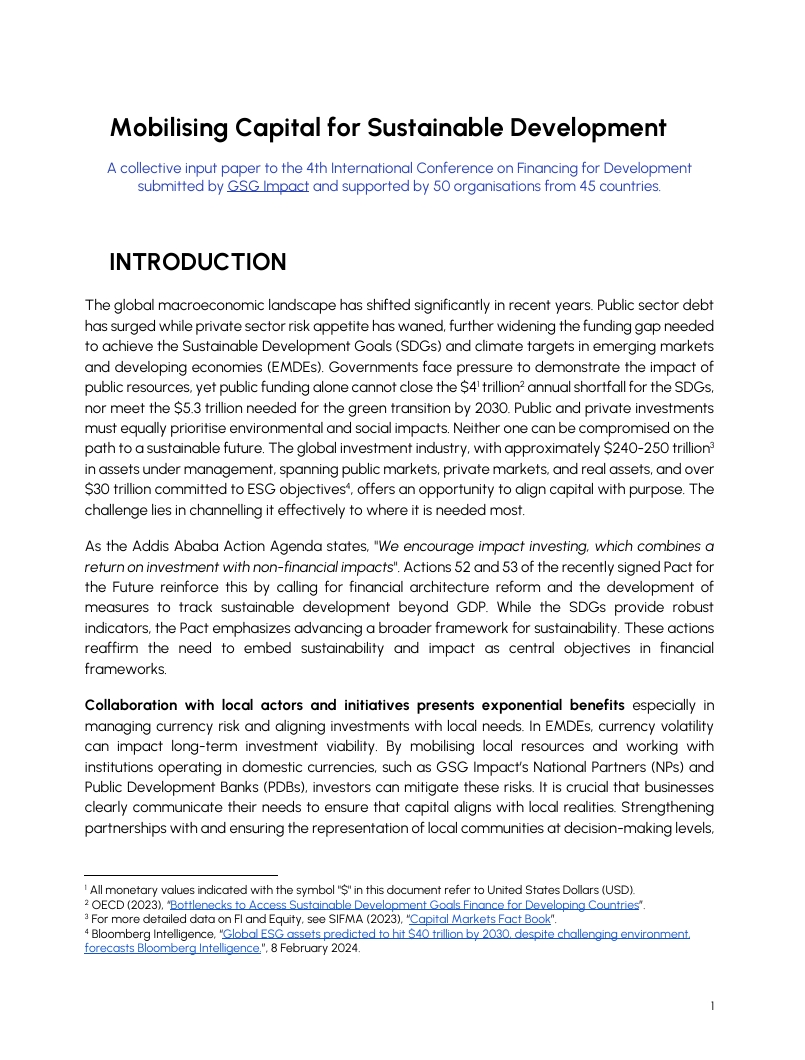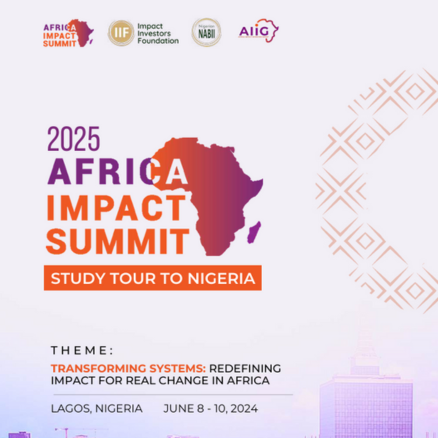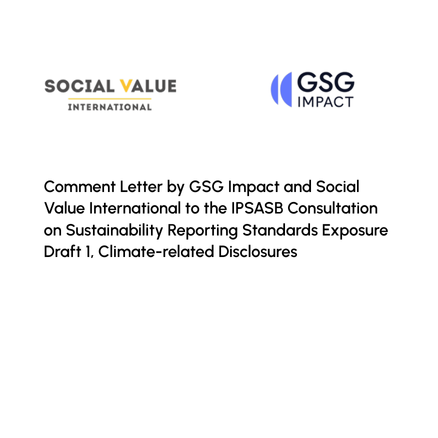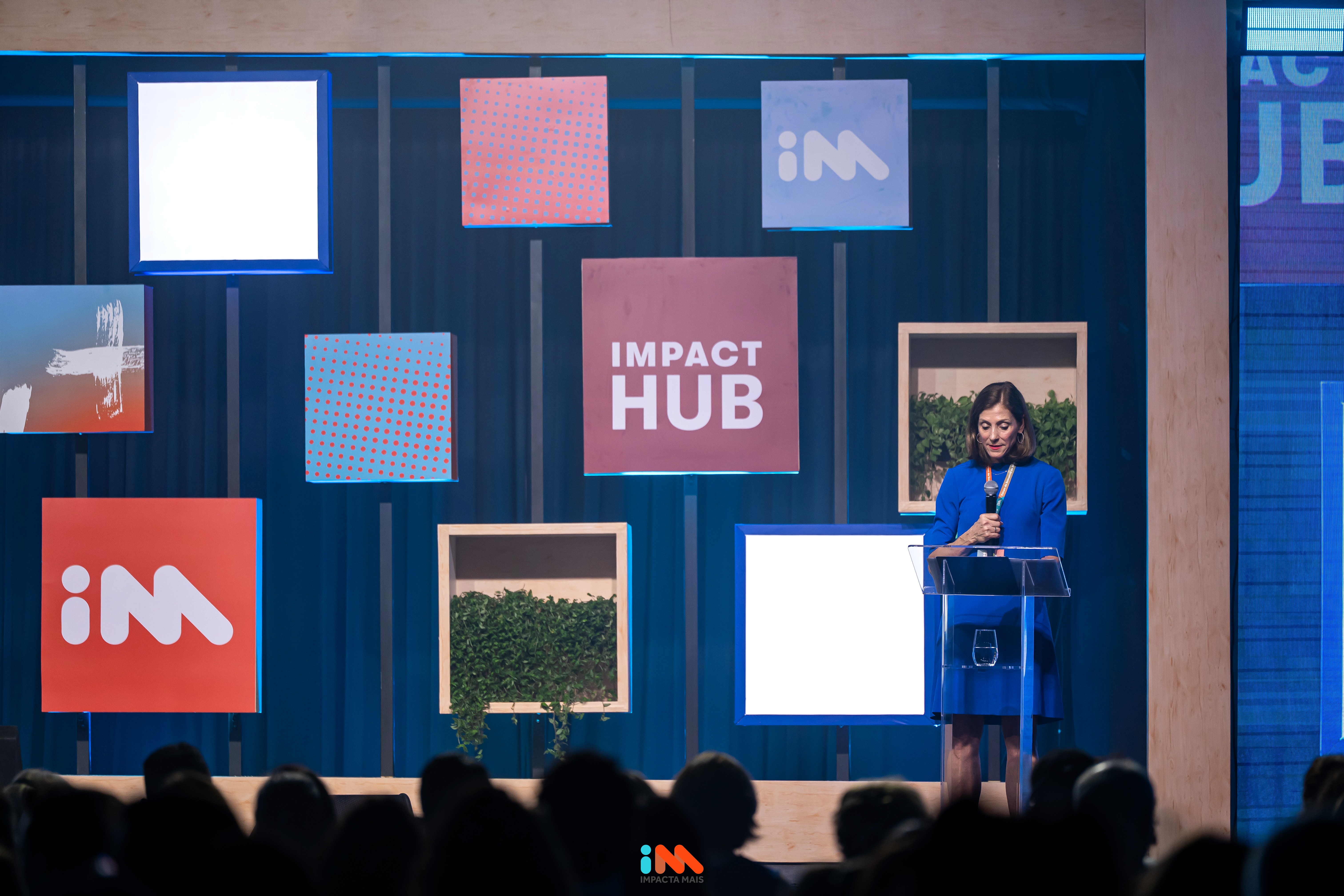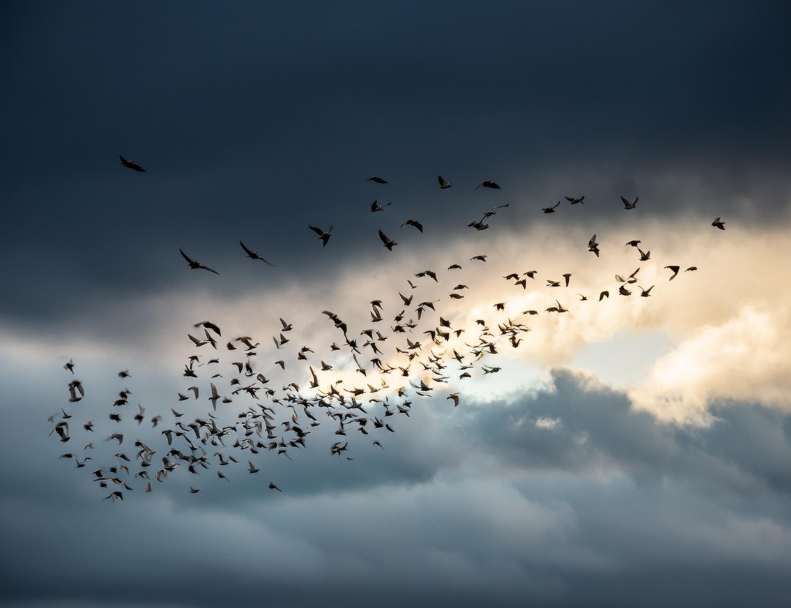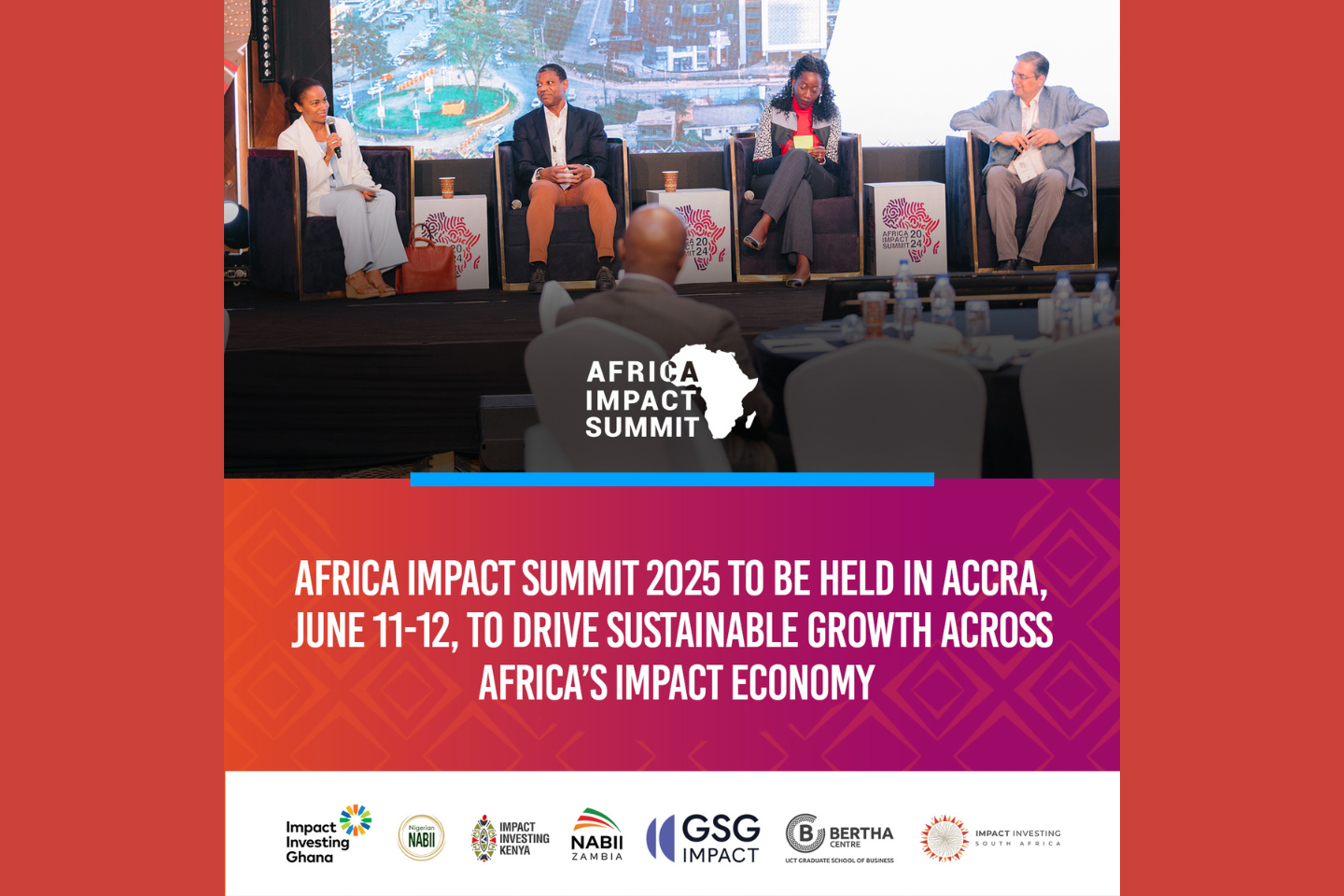
Cliff Prior Blog
We are beyond a crisis. We are now in a major global disaster. It is already a health emergency across half the world, sadly very likely to spread further. And it is an economic disaster beyond all comparisons.
This is not one crisis. It been many different crises around the world over time: from economic recession despite bailouts in Europe, to the potential of famine in countries where seeds could not be planted; from stretched health systems in developed economies, to totally overwhelmed health systems in emerging countries; from stronger governments to strongman demagogues.
Yet it is also the opportunity of a century, to create positive change that will last. An opportunity to create a recovery with greater social, economic and environmental justice.
Achieving an impactful recovery will not be easy: governments in every country will be desperate to re-create jobs and economic recovery at all costs. They may go for the quick rather than the better. We must not fall into wishful thinking that some kind of post-event nirvana will magically appear. Only with determined, ambitious, and coordinated action can we make any positive progress.
There is still great uncertainty around how long the COVID-19 crisis will go on and how it will pan out, but we can anticipate a few things:
- The new normal will not be the old normal
- It will be different in each country
- And there will be a narrow window of time to effect positive change before the status quo of the global system sets in concrete once again, as it did in 2008/9
Those of us engaged in building towards impact economies, those of us in all the many networks and movements – we do not individually have all of the answers, all the tools or solutions. But we do have some. And when we act together, we have many more solutions, many more channels to take those solutions to influence. And by starting now on recovery and resilience plans, we stand a much better chance of success.
So let’s consider what we have:
We have 32 countries with National Partners, their realities and leaders anchored in their communities, who are already working hand in hand with their national governments, capital providers, entrepreneurs and civil society actors. Along with GSG Impact's team, that’s a decade or more of experience and expertise of what impact means in their own country and how it is best brought about. They may struggle on resourcing and capacity but have deep commitment and insight.
We and our stakeholders have a unique depth of experience on impact investing and financing for the public good. This experience means we can work to create some of outstanding new innovations to offer up to the world, from innovative financing for the medical interventions, to pay for success models to get them out to the population, from financing education and retraining for jobs, to building frameworks to ensure positive impact in each step towards the recovery we all seek.
We at GSG Impact are seen as highly valued and highly trusted as the place, the organisation, and the movement, to convene and bring people together across the impact economy.
So we will focus on what we are good at, and we will collaborate with others on the rest.
We will amplify and support the best initiatives so that we can collectively reach further.
We will avoid diving into everything, instead, we will be strategic and agile.
We are prepared to put aside anything that doesn’t contribute to this common goal of an impactful future.
We will recognise the new realities, which may mean some radically different impact approaches for the new world.
All this in order to be able to inspire and deliver for our movement, and for the world.
If we go alone there’s not much we can achieve. If we go together, there is a good chance that we can save lives and livelihoods at scale.
Better results in health, education, jobs, and social infrastructure. Building an overall global system which pays far more attention to impact, far more to resilience.
And in a couple of years we can look back and proudly say “we were there to make it happen”.
That’s our job right now: it’s a big challenge, but we were built for this. Let’s get moving.


